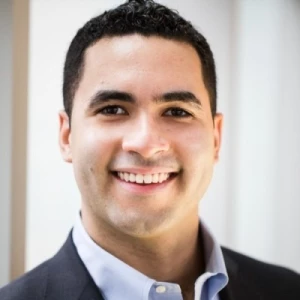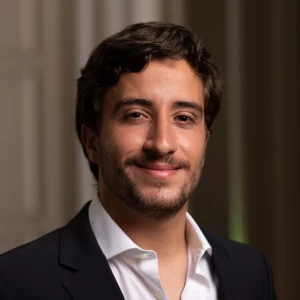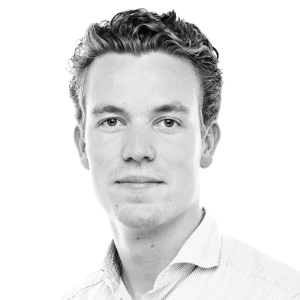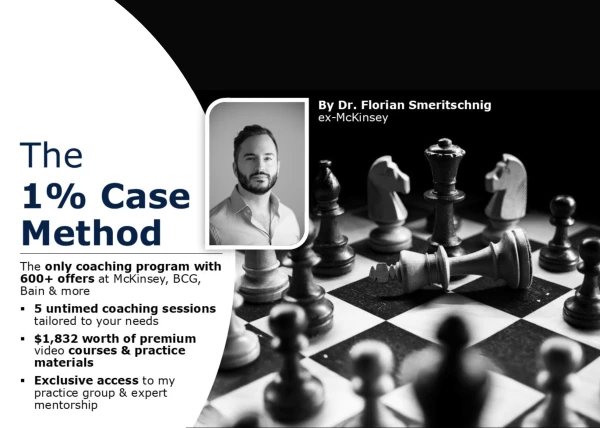I have been practicing casing for approximatively a month now, and I struggle to be creative in my issue trees/frameworks. I often end up using the profitability or business framework, customizing only the questions I ask with respect to the buckets.
I think this issue stems from another one: I cannot figure out if my framework should include the whole process to resolving the client's issue (e.g. finding the root cause, determining strategies, evaluating potential risks), or if I should focus only on the first phase (e.g. competition, customers, product, company). What do you think?
Thank you!













